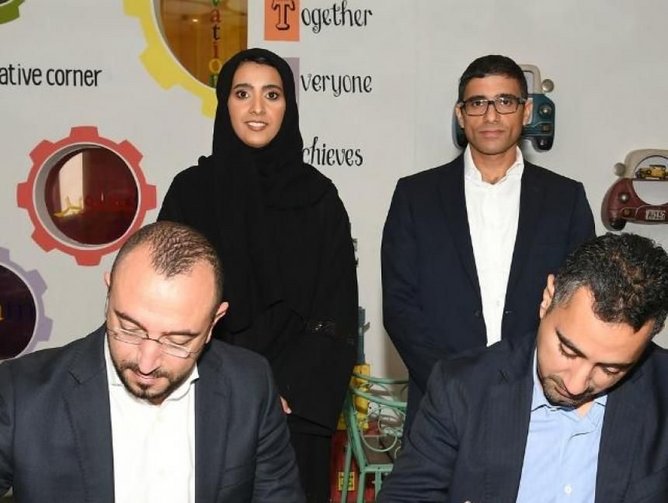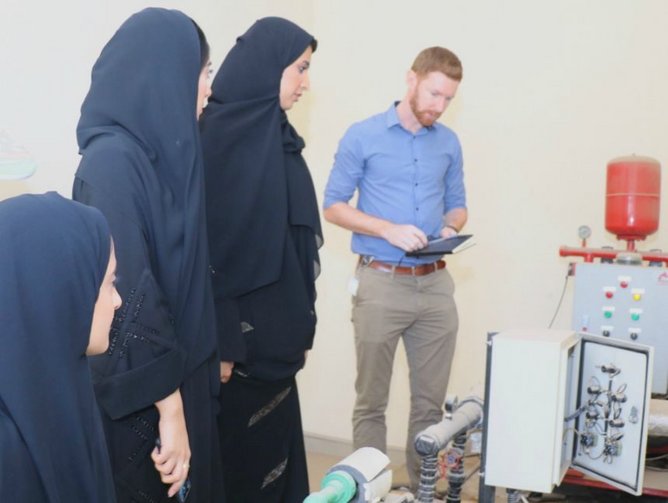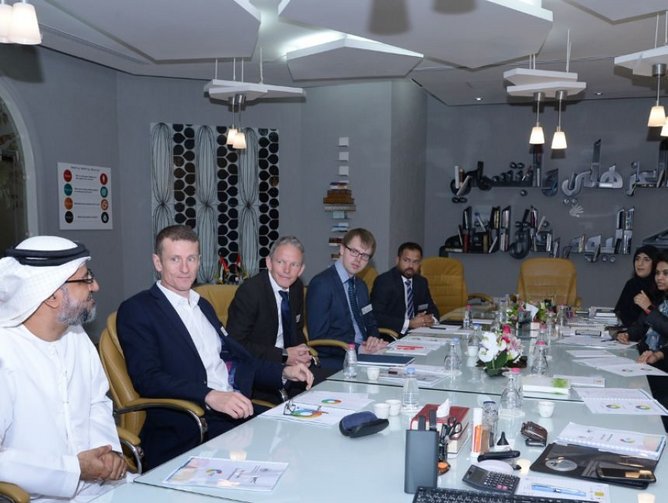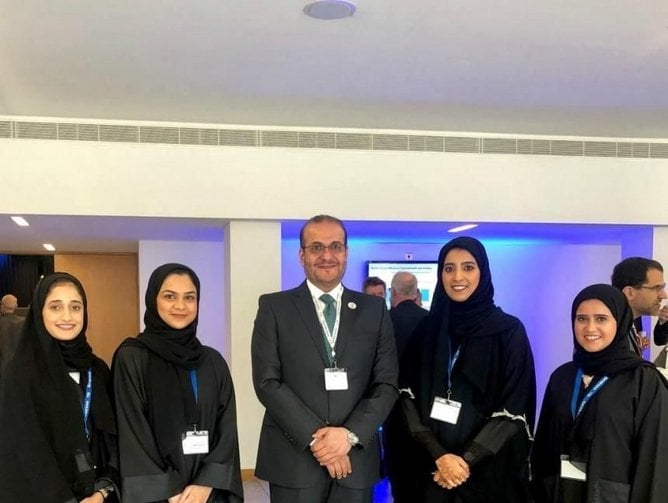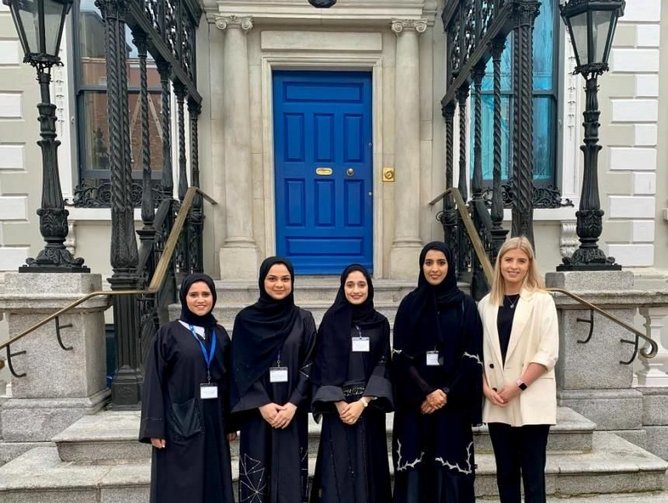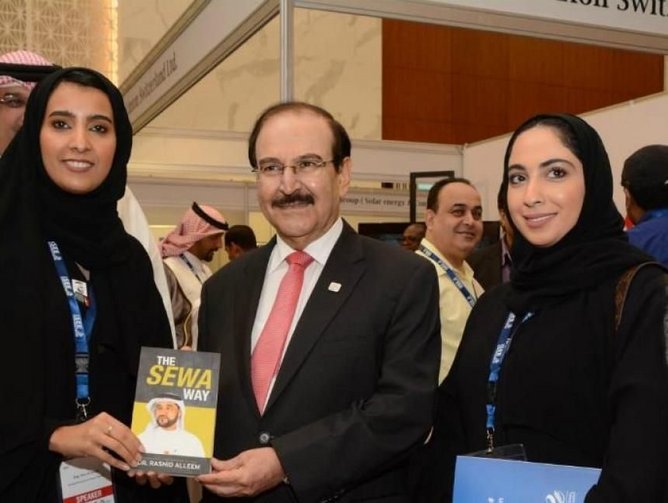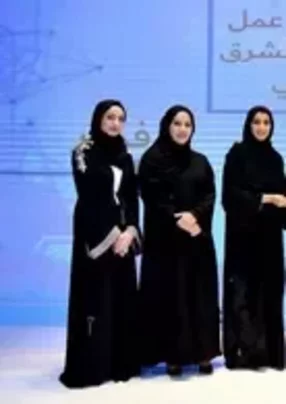Sharjah Electricity and Water Authority: the journey towards energy transformation and digital disruption
The government-owned Sharjah Electricity and Water Authority (SEWA) became a profitable organisation in 2015 and has seen gradual expansion in conjunction with Sharjah Emirate ever since. It has won several awards in the United Arab Emirates and across the globe, including the 'Best Energy Efficiency Solution C&I' at the Asian Utility Innovation Awards, Asian Utility Week 2018 in Thailand; the 'UAE Energy Management Insight Award 2017' from the Ministry of Energy and industry; and the 'Sustainability innovation award 2017,' awarded by Oracle. The role of Chief Efficienology Officer was explicitly created for Afra Alowais, who is responsible for driving the initiatives relating to efficiency and technology. Alowais joined SEWA having graduated as a Sustainable and Renewable Energy Engineer only six months prior. She became fluent in English – less than three years after joining SEWA – so that she could better represent the organisation as an official spokeswoman, speaking at global events not only on behalf of SEWA, but for Sharjah Emirate as a whole. Her diligence and dedication to sustainability in Sharjah earned her the autonomy to create her department: Energy Management and Audit. This department is charged with implementing a programme called 'Energy Efficiency and retrofit'. Alowais shares that her team is a group of female engineers who also shar passion and motivation. "Efficiency and conservation are key components of energy sustainability: the concept that every generation should meet its energy needs without compromising the needs of future generations," she says. The Pareto principle is at the centre of her leadership ethos. She believes that a leader should be self-motivated to inspire those within the team to accomplish the strategy. "A team member believes in promoting environmental stewardship and green growth, and whole-heartedly contributes to the policy and research in energy efficiency," says Alowais, "As Chief Efficienology Officer, I promote the use of new and renewable energy sources and encourage sound environmental policies and practices."
The path to sustainable energy
"Sustainability is at the core of SEWA's pathway," says Alowais. "With the widespread support of the Paris Agreement on climate change, we are finally seeing a great momentum building up to tackle climate change." She says that SEWA plays a crucial role in decarbonising the UAE economy by switching to cleaner fuels and adopting renewable energy. SEWA has a sustainability pathway which is designed around knowledge management and aligned with the vision of the Ruler of Sharjah Emirate H.H.Dr. Sheikh Sultan Al Qassimi for Sharjah to become the UAE “City of Conservation”. "As a Government Utility we have these four stages: generation, transmission, distribution of power, and electricity and gas. More importantly, we wish to build a strong sense of trust with the customer. We are beyond being a normal utility, so this is the transformation happening under our leadership. Most companies across all industries are moving to digitalise these services, so we are trying to leverage AI to streamline the energy sector to be more cost-effective and accessible in line with the growing expectations of customers." One example she gives of this digitalisation is the app available to customers, enabling them to track their bills, usage, and carbon emissions. This is part of the Green Billing Initiative that was launched in 2018 to combat paper waste. “Energy efficiency must be more than a slogan,” asserts Alowais. A large part of this programme is the drive to retrofit buildings across Sharjah. “Retrofitting buildings in Sharjah city will facilitate the reduction of consumption and will support our commitment as a utility to meet the demand. Experience from projects already done shows that we can easily save around 25-30% of the annual consumption in buildings, bringing significant cost savings.” The project was started in 2018 and covers two aspects: in-house facilities and consumers facilities. It’s very important to walk the talk and show consumers that we are committed to retrofitting our own facilities too. From the consumers side, the programme focuses on the greatest consumers in the city, “The Top 100”, which utilise most of the electricity and water in the SEWA’s network.”
A vital component of the energy transformation is the Energy Manager Association. Last year, professors from the UK visited SEWA's Academy in the UAE to provide "intense training on energy" to the SEWA team, advising on energy management, energy auditing, efficiency, renewables, and behavioural change. "Last year, our team was chosen as a core participant in this programme, and now, one year on, we are carrying out a review of progress during the past year, and reviewing how best to appeal to SEWA employees." In addition to this, SEWA hosts an annual meeting for partners to attend to strengthen relationships. This event is open to various market players and includes stakeholders such as suppliers, contractors, customers, government authorities. SEWA makes its partners aware of its strategies, plans, and goals and how it intends to improve its sustainability performance. "We place our stakeholders' needs, expectations, and happiness at the core of our strategy, providing the reliable electricity and water infrastructure required to support Sharjah's economic growth."
The journey continues
As SEWA moves forward with its energy transformation journey, it will continue to support the optimisation of energy and water consumption at customer facilities with a goal of eventually introducing and integrating renewable power to the grid. Alowais believes that society is influenced by being engaged and persuaded to understand the value of energy efficiency, not by being pushed by policy. "It's about highlighting the gain value from SEWA to the customer, not only the other way around. Customer loyalty can be delivered through excellent service, and we intend to continue to deliver this." She concludes: "SEWA's goal is to bring about a sustained change in consumer behaviour and energy efficiency practices, and achieving the consequent reduction in resources used."
